I follow a plethora of leadership gurus on social media that provide great content. One of those individuals is Scott Cochrane. I don’t know Scott personally, but I’ve found much of what he’s written and/or posted to challenge my thinking. One of those comments was: “Responsibility creates accountability. Authority creates ownership.”
Stop and re-read that a couple of times and let it sink in. All of that sounds great. In high performing businesses and teams we’re looking for people to take ownership, accountability, responsibility, and authority. That’s what good leaders (and good followers) do. Nothing revolutionary there. But when you read it a bit more closely and look at the intentionality of the words, there’s more to unpack.
Accountability and ownership, while both powerful and important, aren’t the same thing. As a renter of a home, I am accountable for making sure that I care for that home. I pay a hefty deposit to make sure that I do. I keep it clean. I mow the lawn. I change the lightbulbs and mop the floors (well my wife does some of that, and I wont’ say which of those things). But once I became a homeowner, it was different. Not only was I accountable for that home and its care, I was now an owner. Now I was responsible for painting it when the exterior started to fade. I had to replace the furnace when the old one failed. And when I say “replace” I mean I had to shell out thousands of dollars.
When you’re an owner, you’re not only accountable, you begin to look at everything through a different lens. You’re now making an investment in something that you hope will pay dividends years down the road. You can’t pass that responsibility off to someone else.
In the workplace, we give folks responsibility and hold them accountable for results. At first glance, that is great. But someone in your business or on your team who is accountable isn’t the same as someone who takes ownership. In business terms, what does ownership look like?
You don’t just enjoy and benefit from the culture; you create it … and correct it.
We often think that team and company culture is something that we either enjoy or acknowledge when it’s bad. Owners don’t view culture as something to enjoy. They view it as something they own. They are culture creators, carriers, and caretakers. And part of creating a healthy, positive, life-giving culture in your organization includes correcting it when you see violations.
After experiencing a long season of an unhealthy leadership culture, I had the opportunity to restart my career at an amazing organization that had one of the best cultures I have experienced. One of the things that made it that way was that everyone owned that culture. I remember one particular day when someone overheard a conversation I was having with a customer on the phone. To this day, I can’t at all remember what I said or where I made a cultural violation. What I do remember is the coworker that had the guts to come over to me after I was done and kindly let me know that what I had just said or done was in violation of the culture. It stung a bit, but more than anything I was impressed that I was a part of a culture that people care enough about the organization and me to call folks on it. Twelve years later, that conversation still has an impact on me.
You spend the company’s money like it’s your own.
When traveling for work, I have the ability to choose which airline I fly on, which cars I rent, and which hotels I stay in. When making those choices, I think about what choice I would make if it was my own money. If two hotels are basically the same and I can save $50 a night by choosing the cheaper one, I choose that one. Spend the company’s money like it is yours.
It’s not them or me. It’s us.
When decisions are made, it’s easy to refer to the company as “them.” I’m not sure who “them” is but we throw that language around quite flippantly. ‘Them’ language immediately creates division and disunity. Owners never use ‘them’ language. They use “us” language. No matter the challenge or the win, owners realize that all of us are in it together. We win together; we lose together. It’s never about silos and segments. It’s about all of us as ONE team owning the results.
When the leaders set a goal, a target, an initiative, or a focus, you don’t wait for someone else to tell you how to adjust your work to support it. You immediately look for ways to support it.
Owners don’t wait to be told what they need to do. They find ways to accomplish the goal. They go to their leaders and share what they’ve already done and ask what they can continue to do to move the needle. They default to action with little direction because they internalize the direction of the organization and drive results to see success.
You can give people responsibilities and hold them accountable. But if you really want to create an ownership mentality in your organization, you need to also give people authority. In what ways, can you give people authority? Particularly for individuals that aren’t leaders and don’t typically have the ability to make business-impacting decisions. What are the decisions an individual can make with little to no direction? What decisions require consultation with leadership. The more authority you give your teams, the more ownership you will see.
If you would like to know more about how you can create an ownership culture among your teams and in your business, I’d love to chat with you more about how I may be able to help build the culture that you’re looking for. Reach out to me at jon@jonplotner.com to talk about the coaching services I can provide alongside my team at The 4Sight Group.







